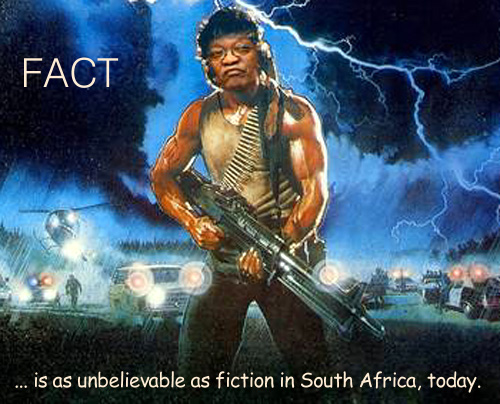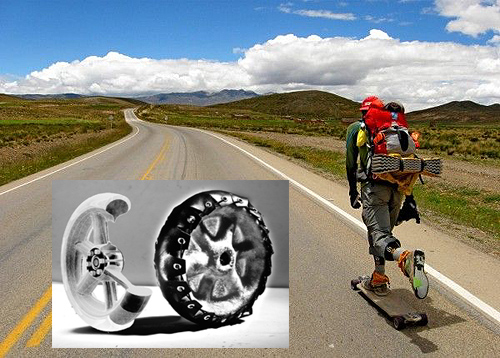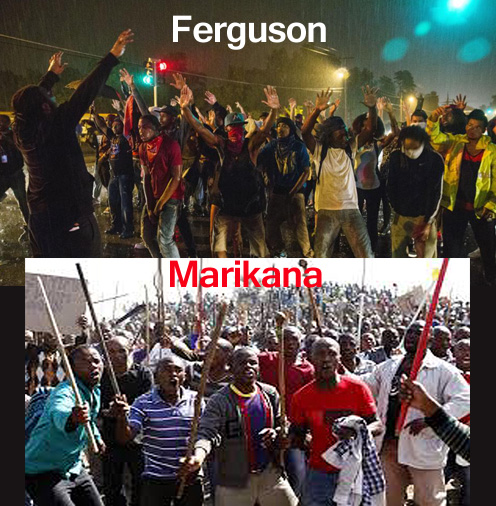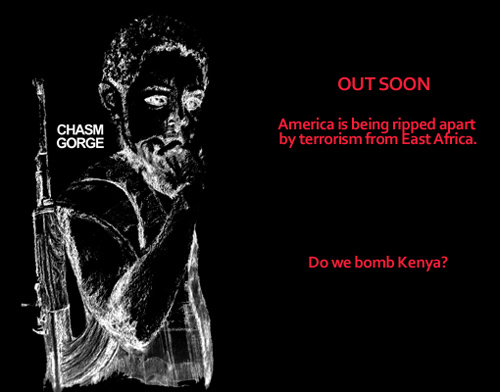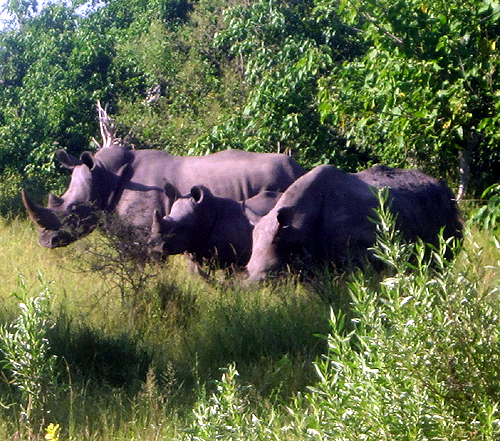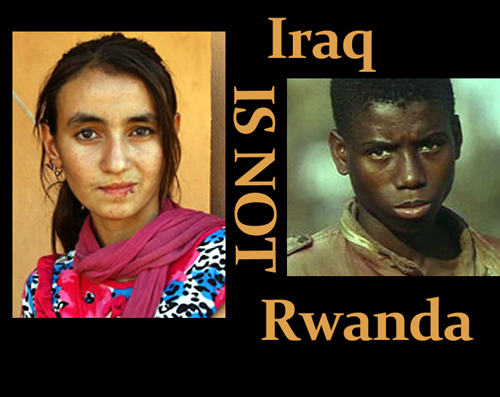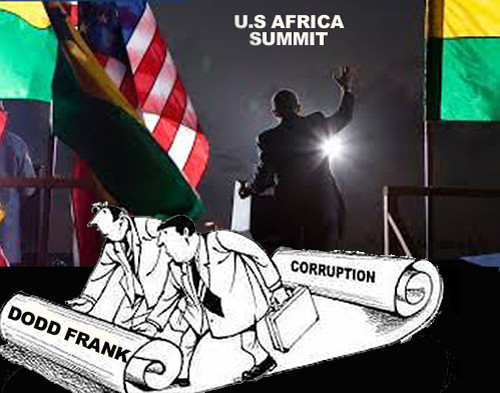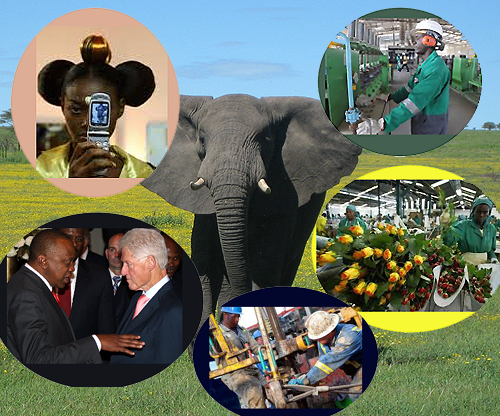 Chimps are not as endangered as gorillas, but they are increasingly controversial in developing Africa because they are so human-like.
Chimps are not as endangered as gorillas, but they are increasingly controversial in developing Africa because they are so human-like.
Most westerners think of chimpanzees as sort of smart dogs. Well, only if the dog is as big as you! That’s right, a full grown chimp averages 5½’ tall and weighs 150 pounds.
This is no monkey.
Chimps are still widespread throughout much of Africa’s great central jungles. But for millennia the jungle peoples, mostly pygmies and settlements at the forest edge, hunted chimps for food. Traditionally chimp meat was an important source of necessary protein.
Babies were never eaten. An adult would be killed and the baby set free, usually to die for being abandoned. As villages and settlements developed, a secondary trade in selling these babies to westerners developed.
Forty years ago in far western Kenya, Kathleen and I had been working for hardly a few weeks when we were offered a baby baboon. I bought and raised it and tried to reintroduce Hamisi into the wild. The baboon’s mother wasn’t killed for food, but because she was raiding a neighbor’s maize garden.
Killing baby anythings seems offensive to most everyone. It was my justification for buying our little baby baboon Hamisi in the first place. But what I didn’t realize then was that a massive trade would develop, a blackmarket in animals like Hamisi, driven by nefarious western and Asian animal traders.
Today there are numerous NGOs across Africa whose mission is to thwart the blackmarket trade in wild African animals. This usually means intercepting the baby taken from the killed mother. And that necessarily means rehabilitating the baby.
One of the more successful organization in the southern edge of chimp habitat is J.A.C.K.. See their video below.
Killing grownup chimps is universally offensive to the developed mind of anyone who has enough food: It approaches cannibalism. Chimps are extremely smart, one of the few animals to actually show emotion, and often mock, taunt, stalk or spy on their human neighbors, the same way people might observe wild animals.
Unlike baboons and gorillas, they don’t raid gardens or kitchens. They’re quite good at finding and in a way nurturing their own food, and they fear humans. I think that their fear is intellectualized very much like human fear is, and very much unlike gorillas and lesser animals that are more reactive.
So I’d venture to suggest that a chimp when coincidentally passing a trader walking through the forest with bananas, that it stops to muse on the consequences of stealing them. A baboon which is much smaller wouldn’t normally challenge a man, but the moment an opportunity arises – the farmer sets down his bag to wipe his brow – the baboon may strike.
The chimp won’t.
Whether this is fanciful or not, the fact remains that chimps don’t raid and pose no threat to humans, other than a reduction of a traditional food source as hunting of them is prohibited.
As Africa develops even rural folks grow more intellectual.
But the need for food is ever present. And the pernicious blackmarket in wild chimps is actually growing. The demand from the west and Asia is strong, as westerners and Asians grow exponentially richer than Africans.
That, today, is one of the major challenges in Africa with regards to chimp conservation. More and more authorities are prohibiting hunting and trading in chimps. Locally authorities justify their action beyond simple conservation – which can be very controversial — although this alternative justification applies more to the lesser primates like monkeys:
Ebola and a number of other viruses, probably like West Nile and flu varieties and possibly even HIV, originated with forest primates, mutated and were transported into the human population through bush meat.
The human/animal conflict is increasingly important throughout Africa as the continent develops so fast. Chimps are at the top of that controversy.

